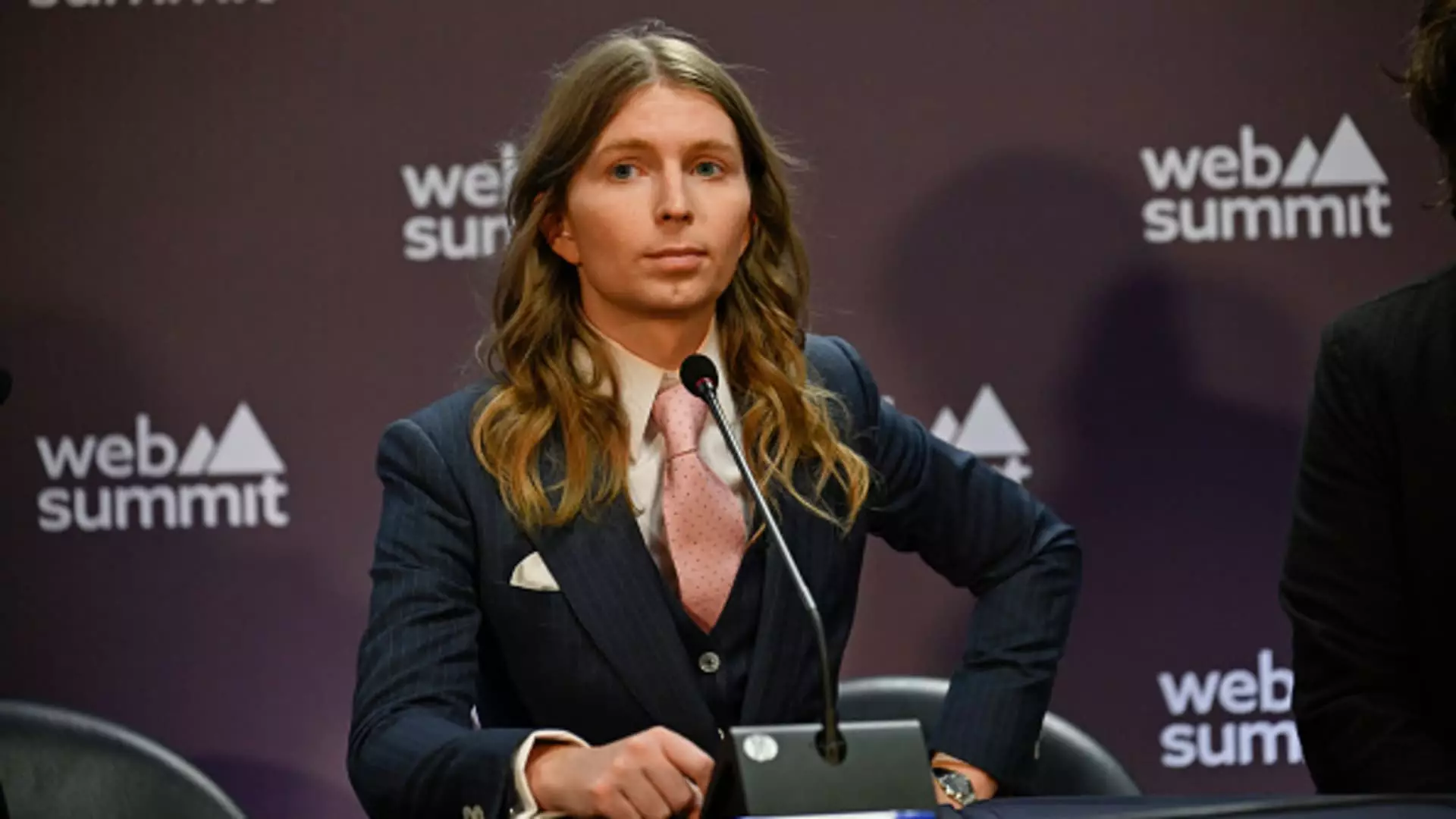In a world dominated by rapid technological advancement and pervasive surveillance, the struggle for online privacy and freedom of expression has become increasingly critical. Chelsea Manning, a former U.S. Army intelligence analyst and prominent advocate for digital rights, has emerged as a crucial voice in this discussion. At the recent Web Summit tech conference held in Lisbon, Portugal, Manning emphasized the ongoing threats of censorship and misinformation while proposing a radical shift towards a more decentralized internet. This article delves into Manning’s insights and the broader implications for our digital landscape.
Manning has long been an outspoken critic of censorship, asserting that it is “a dominant threat” in today’s internet environment. During her discussion with CNBC’s Karen Tso, Manning articulated her belief that the nature of censorship has evolved, particularly with the rise of algorithm-driven content moderation. Unlike the clear-cut censorship of the past, today’s censoring often masquerades as algorithmic bias, with certain voices amplified while others are systematically silenced. This raises significant ethical questions about who controls the narrative in an increasingly digitized society.
Manning’s observations prompt us to consider the implications of social media monopolies that shape user experiences and discourse. As she aptly pointed out, the current state of social media has conditioned users to accept certain norms surrounding engagement-driven content. This reliance on corporate algorithms to dictate visibility and relevance presents a challenge not just to individual users, but to the integrity of public discourse itself.
One of Manning’s core arguments is the necessity for a decentralized internet—akin to what existed in the early 1990s, but adapted for modern needs. She posits that a shift towards decentralized identification and data control can offer users greater autonomy over their personal information. Rather than allowing tech companies to dictate the terms of data usage, a decentralized system would empower individuals to manage their data through encryption and personal choice.
The notion of a “better social contract” is central to Manning’s vision for the future. She argues that new frameworks for information sharing could ensure that individual agency is respected while also promoting ethical business practices. In a decentralized model, the metrics for success for tech companies would pivot from maximizing user engagement at any cost to fostering healthy information ecosystems. This transformative approach has the potential to fortify online privacy and protect users from the encroachment of censorship.
Manning’s experience as a whistleblower serves as a vital lens through which to view the current information landscape. Having leaked classified military documents to WikiLeaks in 2010, Manning’s actions sparked global debate about government transparency and accountability. Reflecting on the state of whistleblowing today, she noted that the nature of information has changed dramatically. We now inhabit an environment characterized by an abundance of data, yet that abundance comes with its own set of complexities.
Manning pointed out that while access to information has increased, so too has the prevalence of misinformation and disinformation. In this environment, the challenge for whistleblowers is less about uncovering secrets and more about discerning credible information from the noise. As she articulated, the dichotomy has shifted from secrecy versus transparency to verifying authenticity within a tidal wave of data. This evolution underscores the critical need for tools that enhance data literacy and empower individuals to navigate the complexities of information effectively.
Chelsea Manning’s insights serve as a clarion call for embracing technological decentralization in the face of rising censorship and misinformation. Her advocacy for a decentralized internet, coupled with a better social contract around data sharing, offers a hopeful vision for the future of digital rights.
As we move forward, it is imperative that stakeholders—from tech companies to users—collaborate to create a digital ecosystem that prioritizes individual freedom, promotes transparency, and safeguards against censorship. The road ahead may be fraught with challenges, but by harnessing the principles of decentralization, we can collectively work towards a more equitable and open internet for all.


Leave a Reply